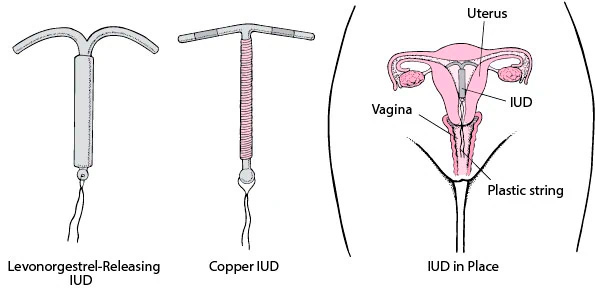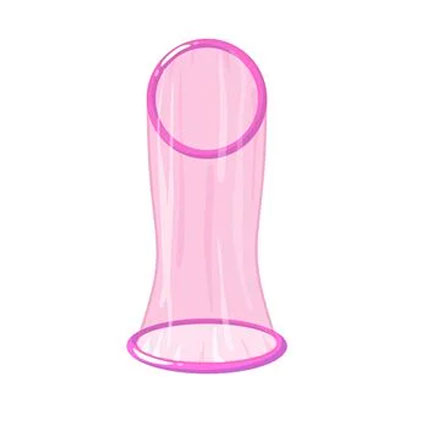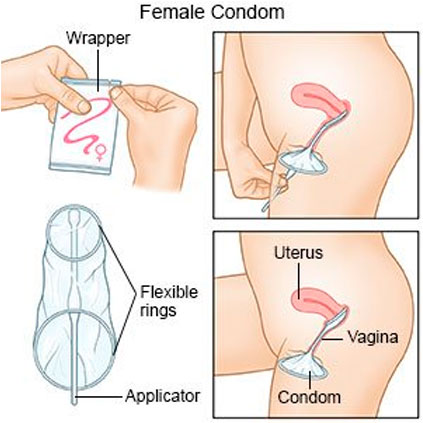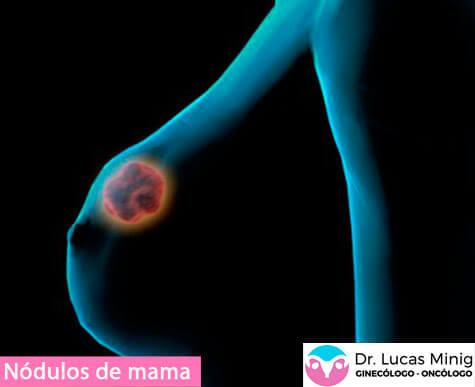
Contraceptive Methods
Some contraceptive methods are more effective than others.
The most effective way to avoid a pregnancy is sexual abstinence, meaning, refraining from having sexual intercourse. Anyway, during the first year of committing to abstinence, many couples end up getting pregnant because they engage in unplanned intercourse without using any type of protection.
Thus, it is a good idea, even for people not planning on engaging in sexual intercourse, to properly learn about contraceptive methods.
Picking the best birth control method is a process that requires the evaluation of different aspects:
The different contraceptive methods are classified as follows:
Reversibles
Reversible
Natural:
Cervical mucus method.
Basal temperature method.
Lactational amenorrhea.
Barrier:
Condoms.
Vaginal ring.
Diaphragm.
Hormonal Contraceptives:
Oral contraceptives.
Skin patches.
Subdermal implants.
Intrauterine devices (IUD): copper and hormonal (MIRENA®).
Irreversible
Tube ligature
How to choose the most suitable contraceptive method for you
What are contraceptive methods
Contraceptive methods constitute a group of procedures used to avoid pregnancy, preventing fertilization. Contraceptive procedures use drugs, devices, and surgery.
What are the contraceptive methods for women?
There are many types of contraceptive methods for women. Among the most commonly used are:
Hormonal contraceptive methods
Before using one of the hormonal contraceptive methods it is advisable to visit the gynecologist so he/she indicates the best one for you. This way, you can avoid risks, intolerance, and complications that can affect your health.
There are various hormonal contraceptive methods:
Oral contraceptives
This method relies on taking a contraceptive pill daily that contains one or two hormonal substances. Combined oral contraceptives have two hormones, estrogen and progestin. Their main purpose is to prevent pregnancy by inhibiting ovulation and is a safe method, with a 99% efficacy.
Oral contraceptives have some advantages and disadvantages:
Advantages of oral contraceptives
Disadvantages of oral contraceptives
More information, contact us.
There are also oral contraceptives containing only one hormonal substance derived from progesterone and are indicated in some cases to reduce the risk of adverse effects of combined oral contraceptives.

Vaginal contraceptive ring
It is a flexible plastic ring that goes into the vagina and contains hormones that are released through the vagina during 21 days. At the end of this period, it is removed for 7 days for menses to happen. Its mechanism of action is inhibiting ovulation. Its effects and efficacy are similar to that of oral contraceptives and the contraceptive patch, approximately 98-99%.
Contraceptive patch
The contraceptive patch is a combined hormonal transdermal method. It uses a patch with hormones that is adhered to the skin and releases hormones. These go into the organism through the skin and into the bloodstream, so it has the same mechanism and hormonal effects as the vaginal ring and the pill because these also enter the bloodstream.
The patch needs to be changed every 21 days, and then, rest one week without it. It has high efficacy, but it can elicit a skin reaction or irritation, fall out, and in the summer, women tend to avoid its visibility and excessive sun exposure.

Hormonal contraceptive injection
The application of the hormonal substance is carried out through an injection every 2 to 3 months, which provides a long-lasting contraceptive effect.
Emergency contraceptive methods
Emergency contraceptive methods are the ones used to prevent pregnancy after sexual intercourse. They are to be used within 3 days after the sexual encounter, but the sooner it is taken, the greater its contraceptive efficacy. They can prevent up to 95% of pregnancies.
Circumstances in which it is necessary to resort to emergency contraceptive methods:
Barrier contraceptive methods
IUD or intrauterine device

The IUD or intrauterine device is a method used to prevent pregnancy. It is a small plastic T-shaped or anchor-shaped device. The Gynecologist introduces it inside the uterine cavity through the uterine cervix.
The IUD or intrauterine device can be covered with a copper spiral or with a synthetic material containing a hormonal substance released gradually into the uterus. It has a long-lasting action and an efficacy of 98 to 99%.
One of the advantages of the IUD or intrauterine device is that it frees you from having to remember to take the pill, change the patch, or change the vaginal ring. The IUD does not prevent STDs.
If you have not had children yet and you wish to have them in the future, ask our gynecologist to inform you about the risks of using an IUD.

Female condom

Diaphragm
Natural birth control methods
Currently, they are used scarcely for two reasons:
The basis of natural contraceptive methods in women is to avoid sexual intercourse during the fertile days, meaning during ovulation, which is the moment in the cycle with a higher risk of pregnancy.
There are various natural contraceptive methods such as:
Among the natural contraceptive methods, there is also coitus interruptus o withdrawal.
Take into account you can get pregnant in some circumstances including:
The most important thing before initiating any contraceptive method is being conscious of the decisions taken over each body, and being informed about the advantages and disadvantages of each of the methods. It is necessary to have enough criteria.
Request a Second Medical Opinion
Frequently Asked Questions About Contraceptive Methods
What are contraceptive methods and what are they for?
Contraceptive methods are substances, objects or procedures that prevent a woman from becoming pregnant. They enable birth control, helping couples decide whether or not they want to have children until they are ready.
What do contraceptive methods prevent?
– Protects against unwanted pregnancies, HIV infection and other Sexually Transmitted Infections.
What are the advantages and disadvantages of using contraceptives?
Advantages: It is easy to use, does not interfere with intimate contact, is a reversible method and does not alter the vaginal flora. Disadvantages: it does not protect against STIs, it can cause weight gain and it cannot be used in some situations such as liver problems or high blood pressure.
What are the benefits of using contraceptive methods?
Using birth control not only helps you prevent an unplanned pregnancy or, in some cases, prevent sexually transmitted infections, it can also provide many other benefits. Some of the most common benefits of using contraceptive methods are: They regulate the menstrual cycle.
WE WORK FOR YOUR HEALTH

SPECIALIZED TREATMENTS

CONTROL AND DIAGNOSIS

MAXIMUM TECHNOLOGY

Appointment for Contraceptive Methods
Leave us your data and consultation to offer you personalized medical advice
International Consultation
If you want remote medical care, you can consult
through the following links:
International Appointment
Online Consultation
Whatsapp: + 34 679 112 179





